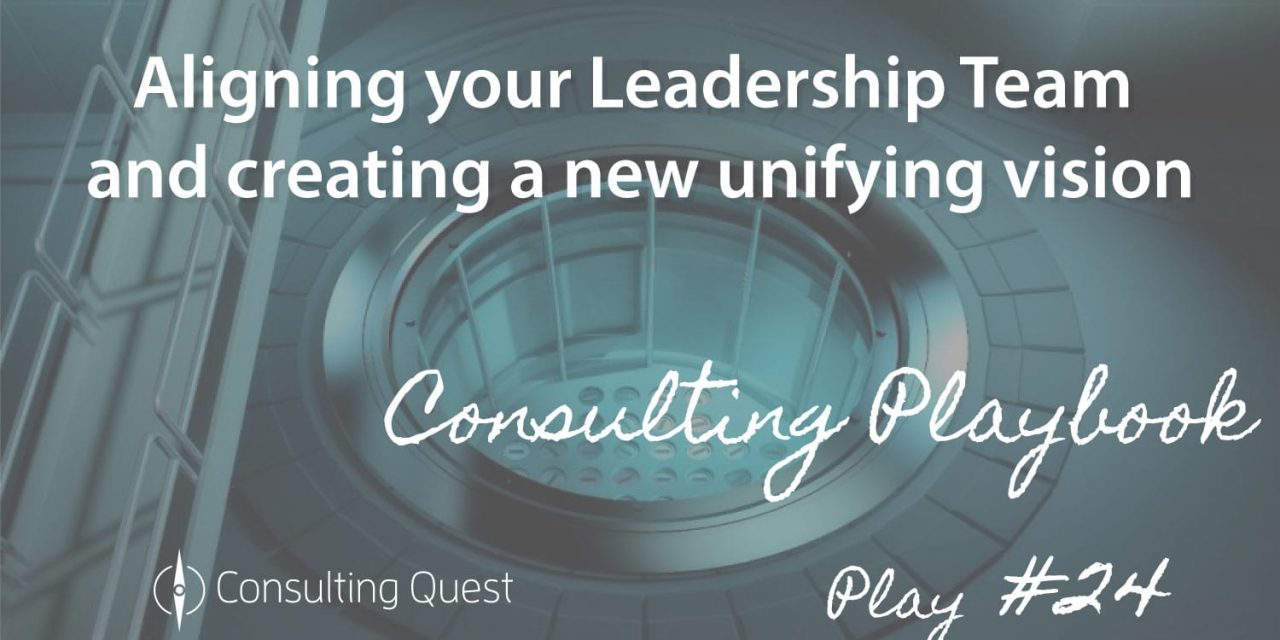SPOTLIGHT
Consulting Wiki
Consulting Wiki
Consulting Industry
The Savvy Client’s Definite Overview of the Consulting Industry Today
To be successful in the consulting industry today, firms must focus on innovation, collaboration, and continuous learning. For the savvy client, it’s essential to choose a consulting firm that is on the cutting edge of these trends – one that can bring a wealth of knowledge and experience to the table while also constantly pushing the boundaries of what’s possible.
A Guide to The Types of Consultancies – Which One Do You Need?
There are numerous types of consultancies, each of which offers beneficial services to companies in numerous industries. When a client lacks the specialized knowledge needed to address a complex business challenge, consultants are recruited.
Understanding Consulting Fees to Help You Make Smarter Decisions
Consulting firms offer their clients valuable expertise, from knowledge to resources, for a certain period of time. But this type of service involves much more than that – it has an element of the economic game involved as well. The production potential of a consulting firm is completely dependent upon how they bill the time spent on projects. Every day lost has an impact just like any empty seat on a plane: it’s a missed opportunity and unproductive time that was not used to its fullest potential.
Consulting Playbook
Consulting Playbook: How a Merger Achieved Synergy in the Product Development Process
Companies and entrepreneurs often feel the need to introduce new products. And depending on the industry you are in; the process might be less or quite complex. But without new products, extension line of existing products and innovation, it is tough to stay competitive, relevant and profitable in the long run. As technology constantly evolves, so are customers’ needs.
Consulting Playbook: Creating a Framework for On-shoring Export Controlled Work
As of make or buy decisions on-shoring or off-shoring decisions are not always black and white.
Consulting Playbook: Building Modern HR Practices and How That Impacts Your Organization
Every business is a people’s business at its core. How you organize and manage your talent is essential to the health and the growth of your organization. Let’s have a look at some issues and top practices defining a modern and effective HR department.
Consulting Sourcing
Consulting Procurement or Procurement Consulting?
Type Consulting Procurement in your browser and look at the results. What do you find? A list of consulting companies that offer their services to help improve your company’s purchasing and/or sourcing capabilities. But is it the same thing as Consulting Procurement?
7 secrets to always work with the best consultants
7 secrets to always work with the best consultants
8 overlooked but Vital elements of an RFP for consulting services
8 overlooked but Vital elements of an RFP for consulting services
Art of Consulting
From the Consulting Wiki Hall of Fame — Summer Special Part 5
We have handpicked a collection of our best articles from the Consulting Wiki Hall of Fame. In our summer special (part 5), this week, we are letting our readers re-visit our article series on consulting frameworks.
From the Consulting Wiki Hall of Fame — Summer Special Part 4
We have handpicked a collection of our best articles from the Consulting Wiki Hall of Fame. In our summer special (part 4), this week, we are letting our readers re-visit our article on the types of consultants that are most in demand.
From the Consulting Wiki Hall of Fame — Summer Special Part 3
We have handpicked a collection of our best articles from the Consulting Wiki Hall of Fame. In our summer special (part 3), this week, we are letting our readers re-visit our article on the right structure for consulting fees.
Consulting Career
What is the Right Cover Letter for Consulting?
Discover the key elements of crafting the perfect cover letter for a consulting position. Learn how to showcase your skills, experiences, and unique value proposition to capture the attention of consulting firms. Master the art of tailoring your cover letter to stand out from the competition and leave a lasting impression. Unlock the secrets to writing an impactful cover letter that effectively communicates your passion and suitability for a consulting career.
Consulting Industry 101 for Management Consulting Job Seekers
Over the years, management consulting has been an integral part of the business world. And job seekers who are looking to leave a mark in this industry should know some of the basics about the consulting industry including the market segmentation as well as the various types of consultants that are needed by companies. Also, not to forget the degrees of specialization in management consulting and the main industry practices as well. Here, you will find anything and everything about management consulting.
10 Productivity Apps to Get Your Work Done More Efficiently
A wide range of productivity apps is there to help you to stay more organized, be faster and more efficient, and access whatever you need on the go. This article tells you about 10 apps that can help you get better control of your time and your life overall.
This Week in Consulting
From Stormy Seas to Steady Waters: Mapping the Path Forward in Global Real Estate | This Week in Consulting
In this issue of This Week in Consulting, we dive deep into the challenges and opportunities that lie ahead in the global real estate industry for 2024.
5G Tech Adoption: Exploring Reality Beyond the Hype | This Week in Consulting
In this edition of This Week in Consulting, we take a deep dive into the world of 5G and uncover its true potential, exploring how it is making waves in different sectors.
From AI to Metaverse: Navigating the Modern Advertising Landscape | This Week in Consulting
In this edition of “This Week in Consulting,” we take a deep dive into the brave new world of advertising fueled by Web3 and the metaverse.










